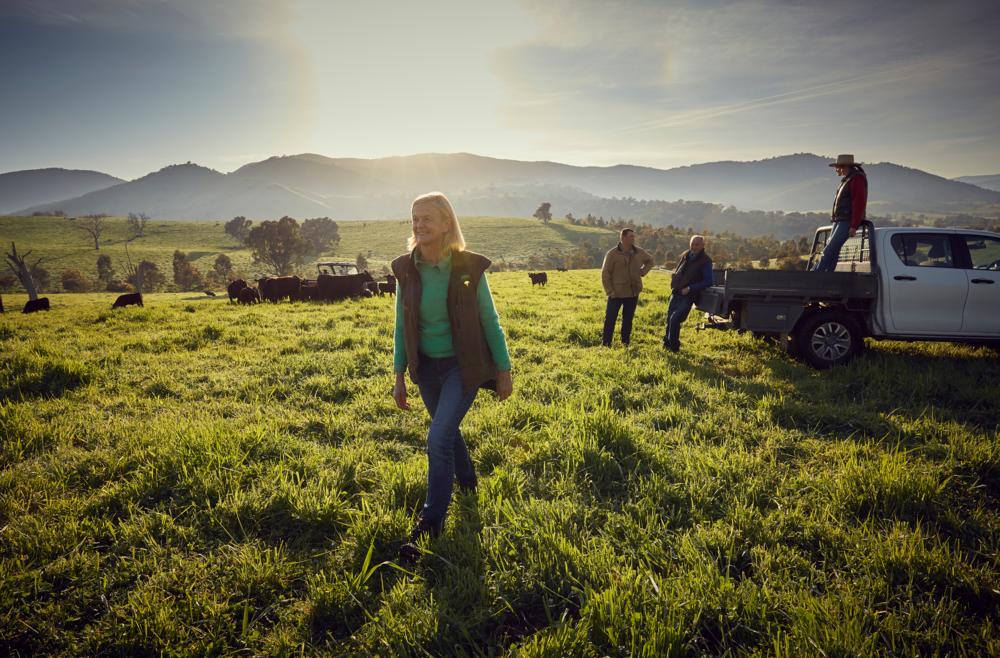



Article by: Hari Yellina
On the campaign trail, politicians of all colours have been admonished not to overlook regional Australia and the farm sector. The National Farmers’ Federation has asked all major parties to agree to five important initiatives to “boost up the pace” of agriculture and the bush ahead of the May 21 election. The NFF wants the future government to use a $2 billion fund to compensate land managers who enhance the health of their landscape by capitalising on market demand for environmental services. The organisation is seeking $4.1 billion to build 20 Regional Development Precincts, which would prepare for long-term growth in rural areas, as well as to address the farm labour problem by expediting Ag Visa negotiations with ten partner countries.
The NFF proposed a $5 billion Rural Telecommunications Fund to increase cell coverage and internet connection, as well as amending competition rules to protect farmers from unfair tactics, to address the connectivity difficulties that have plagued remote Australians for decades. The proposal was ambitious, according to NFF president Fiona Simson, but the regions deserved an aspirational vision. “Our areas produce almost 40% of the nation’s total economic output, and our farmers provide 90% of the daily food we consume,” Ms Simson said. “Parties seeking office this election must do more than pay lip service to individuals outside city limits; they must promise to delivering on the NFF’s and our members’ concerns.”
The ag sector, according to Regen Farmers Mutual, which represents hundreds of farmers across the country, wanted assurance and clarity about all major parties’ net-zero positions. Despite controlling more than half of the country’s land, RFM head Andrew Ward claims that “farmers were an afterthought” in most of the present climate policy. He cited the Climate Active programme, which is a government certification for firms in Australia that push voluntary climate action and was created with a “urban context.” Mr Ward explained, “At the present, the whole idea of carbon neutral is urban centric – the Commonwealth Games in Brisbane was carbon neutral, you’ve got muesli bars marked as carbon neutral.” Despite having the most opportunity to impact change through their carbon sinks and emissions, few farms have the carbon neutral stamp. Farmers are currently unable to complete the process because it is too difficult and costly.